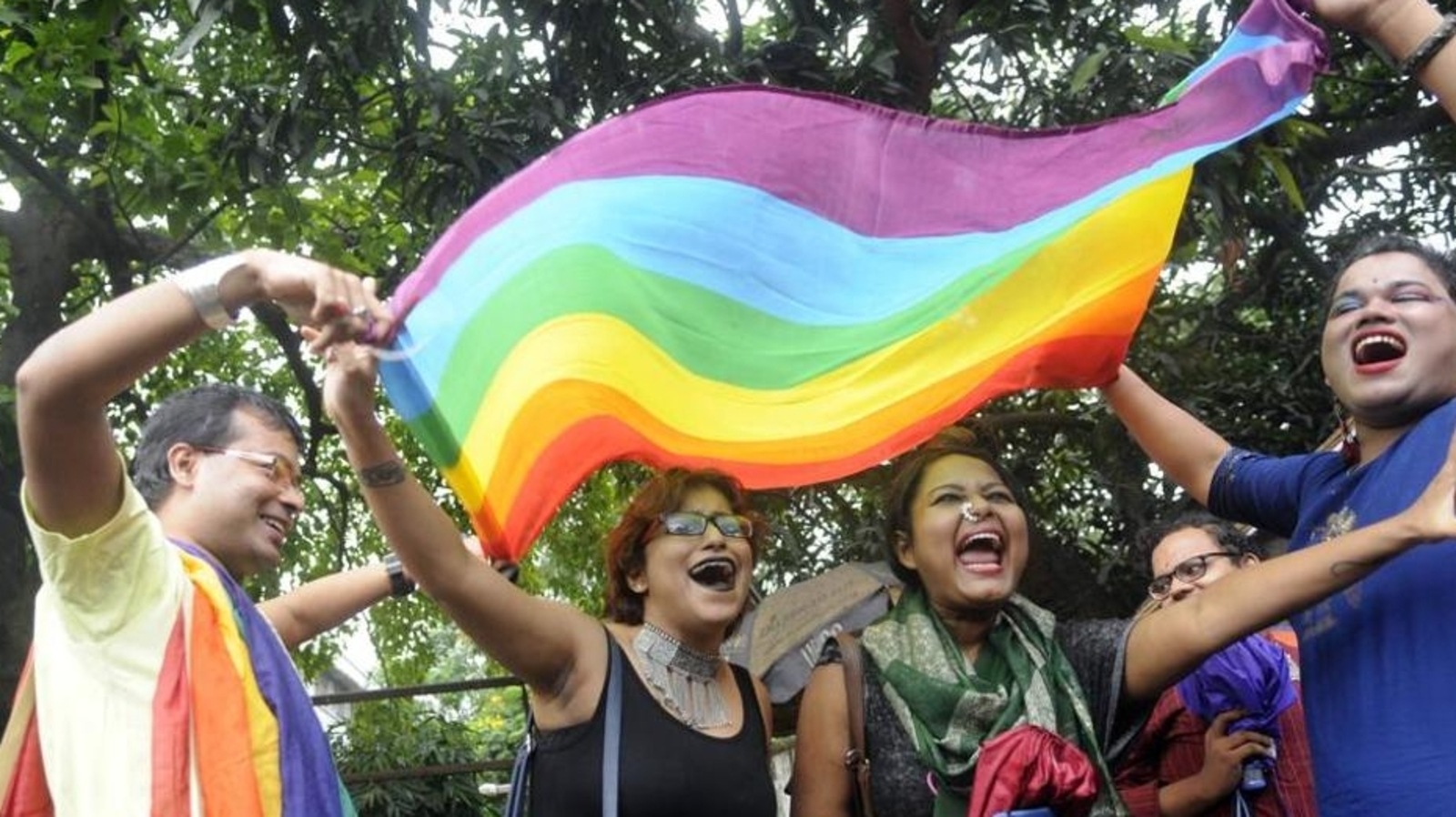If we live in a world where conversion therapy exists, what does that tell us? It tells us that we live in a world where there is a certain social idea of ’normal’ gender and sexuality and if you don’t conform to it, you are seen as abnormal. Now, if you are classified as abnormal, the world is going to create ways to bring you into the ‘normal’ fold. And that is why we actually have the existence of certain forms of ‘treatments’. Gender and sexuality are part of our core selves, part of who we are. And when someone is pathologized for simply existing and then subjected to attempts to heal that core self, it damages their sense of self and takes a heavy toll on their mental and physical well-being. In such a context, banning conversion practices as professional misconduct is a crucial and welcome move.
Many readers may be familiar with the news of Anjana Harish’s suicide. She was a 21-year-old student and also an openly queer person. It has been reported that she had a very difficult relationship with her family and she was also forcibly taken to multiple mental health centers and detox centers to ‘cure her bisexuality’. There is a live video from Anjana’s personal Facebook account that she posted on March 13. In that video, she openly accuses her parents of physically and mentally torturing her. She also recalled incidents of solitary confinement inside a cell at a mental health facility where she underwent conversion therapy. Having been heavily sedated and given many injections (there is no transparency as to what this treatment was), she mentioned that her entire medication made her dizzy most of the time and also affected her vision and speech. In that video, Anjana also mentioned that this whole episode of conversion therapy took a toll on her mental health. Friends who actually saw her condition firsthand confirmed that she was subjected to domestic violence and torture. She was also reported to have been depressed for a long time with recurrent suicidal thoughts. On May 12, 2020, her friends found her dead. And in the end, I think society in general and the systems failed to accommodate one more queer person and we lost a member of the community.
Anjana Harish is just one of many LGBTQI+ people who have had to undergo conversion therapy. There are many cases of this happening and of professionals offering these ‘services’ that have no medical or scientific basis.
Now, for a description of conversion therapy, the term refers to a variety of efforts by families, physicians, and mental health professionals who do not accept to “change sexual orientation, sexual or gender identity” of a person from a socially unacceptable one to an acceptable one. We know that what is socially acceptable is heterosexuality and conformity to the gender assigned at birth (cis). There are also professionals from the medical field, including specialists such as sexologists, gynecologists, endocrinologists, and from the mental health field such as psychiatrists, psychologists, and counselors who claim to offer these treatments. They each claim to offer ‘cures’ based on their particular types of training. So the methodologies may differ, but the goal of this conversion and the damage it causes cuts across them.
There may also be a separate conversation about how the term “conversion therapy” itself is a misnomer. There is nothing therapeutic about conversion attempts. These are all forms of harm or violence. Those who have survived this violence have reported a variety of post-traumatic distress including depression, anxiety, suicidal thoughts, and self-harm.
In September 2022, the National Medical Commission banned any and all forms of conversion practices on LGBTQI+ people and declared them professional misconduct. This is an important and ethical step to stop further harm and harm to LGBTQI+ people. To make this important statement, State Mental Health Authorities (SMHAs) must establish compensation systems to respond to and close ongoing cases of conversion practices.
For long-term change to occur, the system must acknowledge its long and unfortunate history of pathologizing queer and trans people and make amends. The mental health curriculum on gender and sexuality needs to be updated and informed by the LGBTQI+ community. Mental health professionals need to equip themselves with additional insights into the particular stressors of LGBTQI+ clients and how to respond in affirmative queer ways. To that end, the Mariwala Health Initiative’s Queer Affirmative Counseling Practice Resource Book (available free of charge) is a crucial resource for those in the mental health space who want to engage with gender and sexuality from the start. a non-pathological perspective and prevent further damage. of conversion practices.
The article has been written by Pooja Nair, Consultant Therapist at Mariwala Health Initiative.
.
